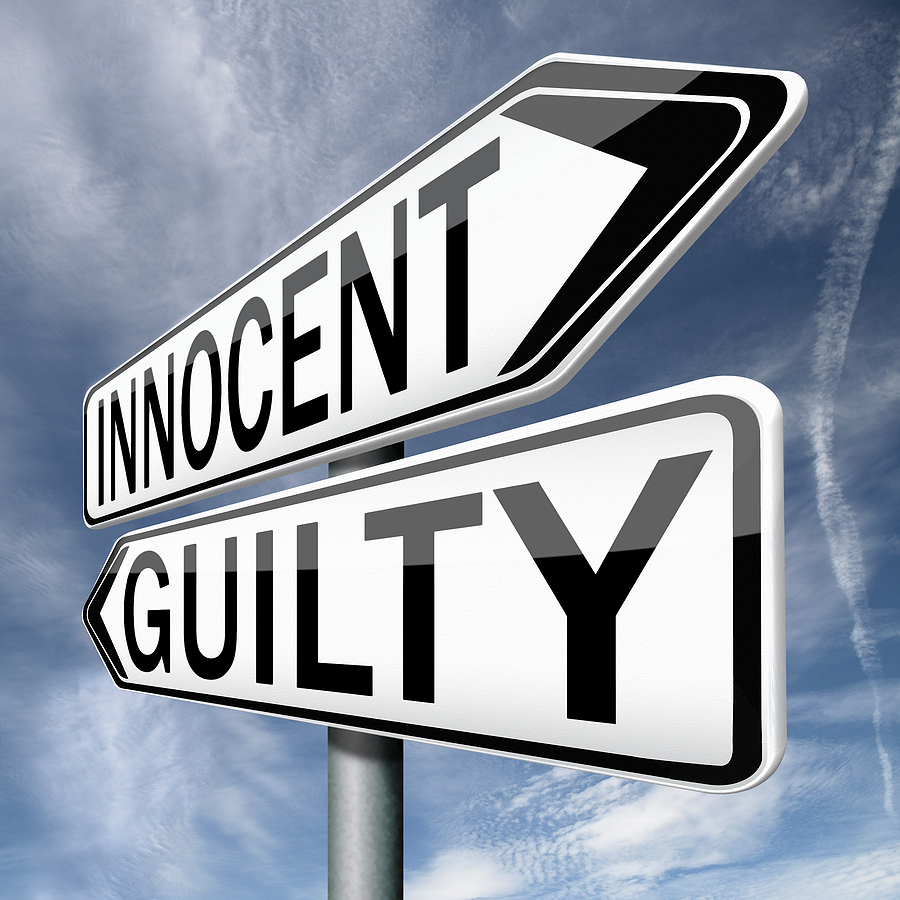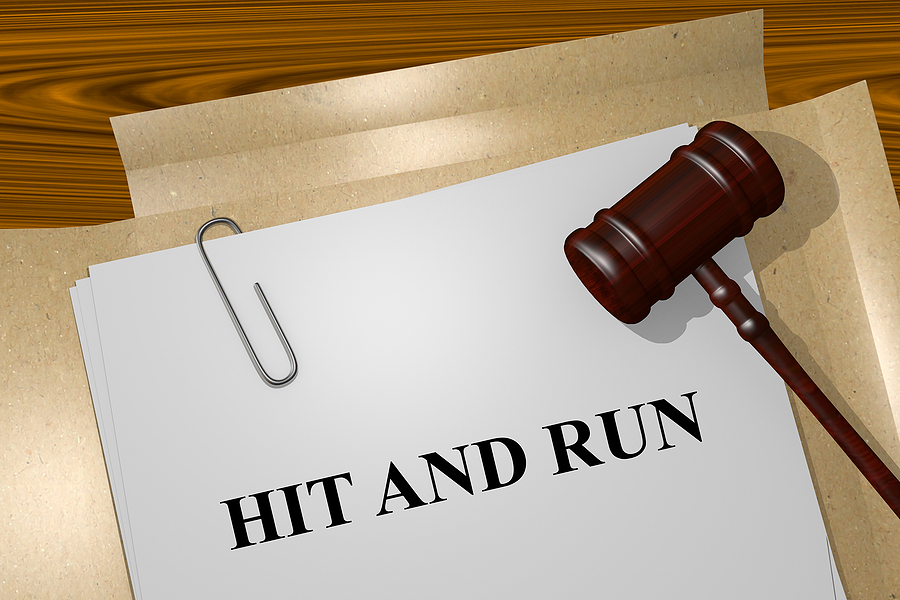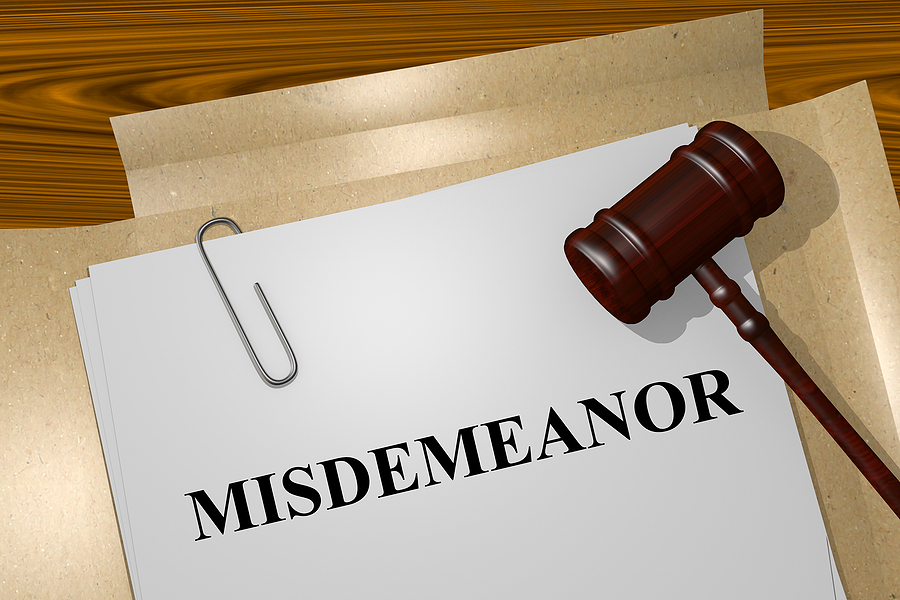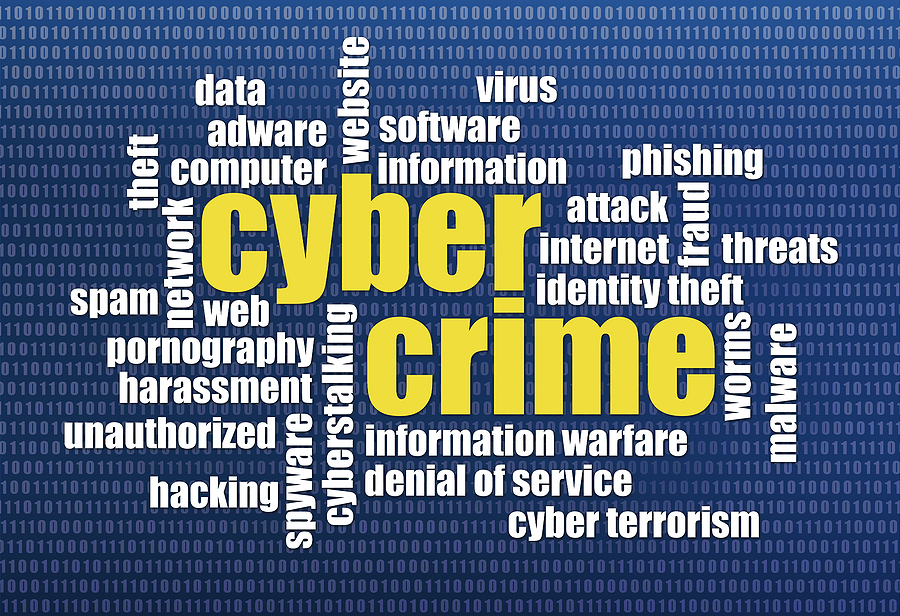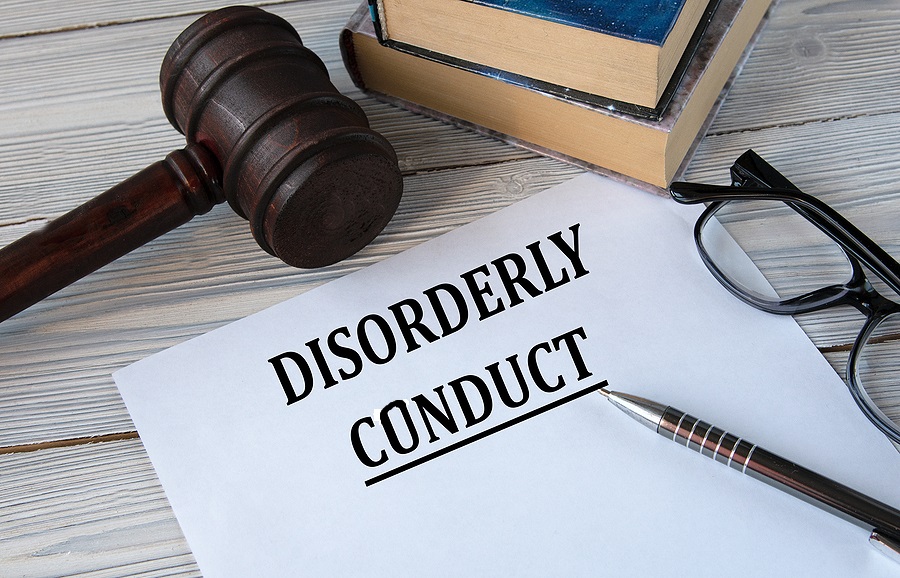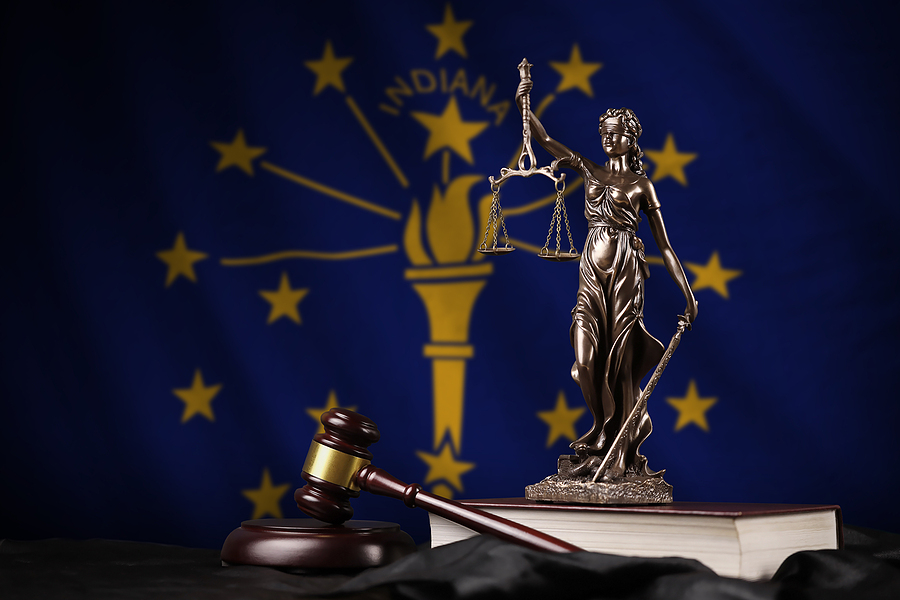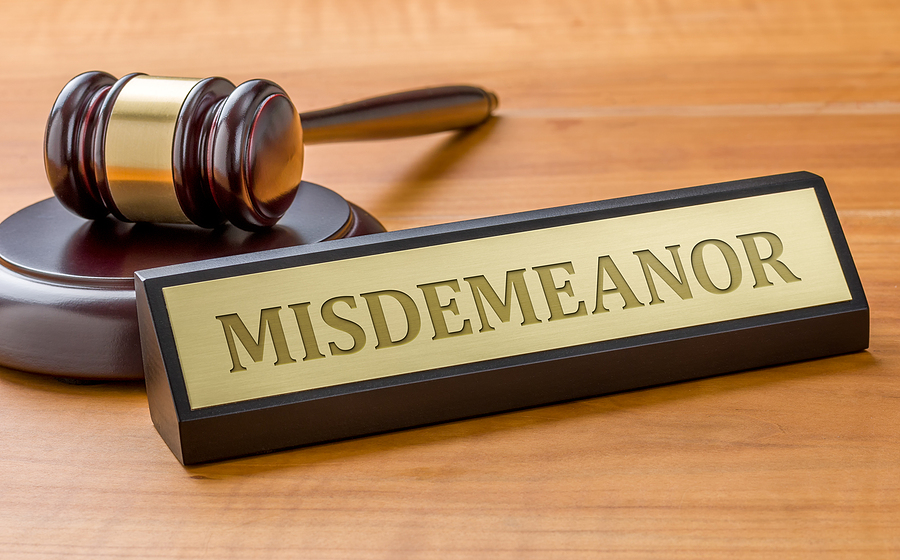For residents of the great state of Indiana, facing a misdemeanor charge can be a daunting and stressful experience. Whether it’s your first offense or a recurrent issue, understanding the intricacies of Indiana’s legal system is crucial to handling the situation with composure and making informed decisions that can shape your future.
This detailed guide is designed to walk you through the complex process of dealing with a misdemeanor charge in Indiana, providing you with the essential information you’ll need to ensure the best possible outcome for your case. From the initial arrest to potential defense strategies, this comprehensive resource is your roadmap to addressing these legal challenges with confidence.
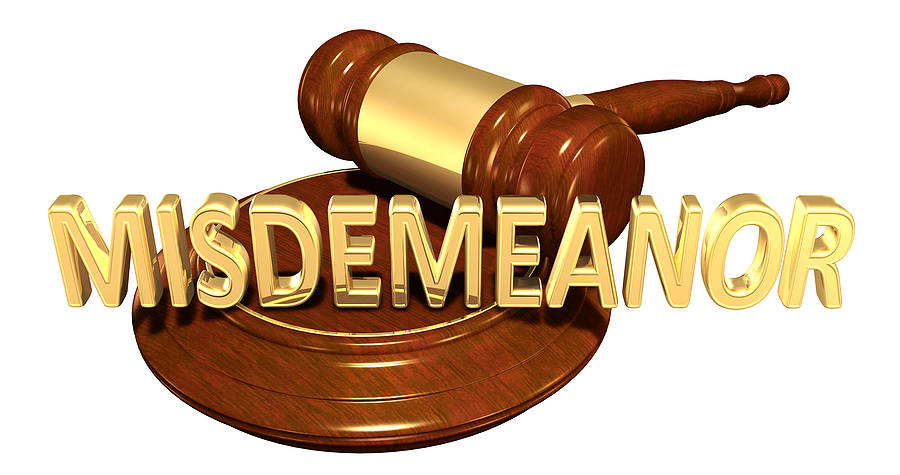
Understanding Misdemeanor Charges
Before we explore the legal process, it’s essential to understand what a misdemeanor is. In Indiana, a misdemeanor refers to a criminal act that is less serious than a felony but more significant than a mere infraction. Misdemeanors are typically punishable by less than one year in a county jail and involve a wide range of offenses, from petty theft and disorderly conduct to certain DUIs.
Misdemeanor Classifications in Indiana
Indiana categorizes misdemeanors into three classes:
▶ Class A Misdemeanor: The most severe misdemeanors, punishable by up to one year in jail and a possible fine of $5,000.
▶ Class B Misdemeanor: Offenses penalized with up to 180 days in jail and a fine of $1,000.
▶ Class C Misdemeanor: Considered the least serious, with penalties of up to 60 days in jail and a $500 fine.
The classification of your alleged misdemeanor will significantly impact the potential penalties you face if convicted.
Potential Consequences of Misdemeanor Charges
The consequences of a misdemeanor extend beyond potential jail time and fines. Convictions can affect various aspects of your life, including:
▶ Employment: Certain employers may be wary of hiring individuals with a criminal record, which can limit your job opportunities.
▶ Professional Licensing: Professionals in licensed fields, such as law and medicine, may face disciplinary actions following a conviction.
▶ Housing: Landlords often conduct background checks, and a criminal record can make it more challenging to secure housing.
▶ Civil Rights: Some misdemeanors can result in the loss of certain civil rights, such as the right to vote and bear arms.
Legal Process in Indiana
Arrest and Booking Procedures
If you’re arrested for a misdemeanor, law enforcement officials will follow specific procedures, including:
▶ Miranda Rights: You must be informed of your Miranda rights, including the right to remain silent and the right to an attorney.
▶ Fingerprinting and Mugshots: You will be fingerprinted and photographed as part of the booking process.
▶ Bond Hearing: Following booking, you may have a bond hearing where a judge will determine if you can be released before trial and the amount of bail required.
Court Appearances and Plea Options
After being released on bail, you will attend several court appearances:
▶ Arraignment: At your first appearance, you’ll enter a plea of guilty, not guilty, or no contest.
▶ Pre-Trial Hearings: These are procedural meetings with the judge where your attorney may argue evidentiary matters or try to negotiate a plea deal.
▶ Trial: If you plead not guilty, your case will proceed to trial where the prosecution will present evidence against you.
Sentencing and Possible Outcomes
If convicted, your sentencing may include:
▶ Probation: A period of supervision in lieu of jail time.
▶ Community Service: Must perform a specified number of public service hours.
▶ Restitution: Paying the victim for financial loss.
▶ Jail Time: For the most serious misdemeanors, you may serve time in the county jail.
It’s crucial to note that the outcome of your case is highly dependent on the specific details and circumstances of your charge.
Seeking Legal Counsel
The Importance of Hiring a Qualified Attorney
When facing a misdemeanor charge in Indiana, your choice of legal representation can be the deciding factor in the outcome of your case. An experienced attorney can:
▶ Review the evidence against you and provide a realistic assessment of your case.
▶ Offer expert legal advice on the best course of action.
▶ Advocate on your behalf to seek minimized charges, penalties, or even case dismissal.
Your Legal Rights and Defense Strategies
It is your constitutional right to present a defense against any criminal charge you face. Some common defense strategies for misdemeanor charges include:
▶ Lack of Evidence: If the prosecution fails to support its case with sufficient evidence, it may result in a dismissal.
▶ Mistaken Identity: Proving you were not the person who committed the crime.
▶ Alibi: Presenting evidence that you were somewhere else at the time of the offense.
▶ Self-Defense: Demonstrating that you acted to protect yourself or others.
Your attorney will work with you to craft the most suitable defense strategy for your case.
Conclusion
Navigating a misdemeanor charge in Indiana can be an overwhelming and complex process. However, with the right knowledge, support, and expert legal advice, you can approach the situation with a prepared and informed mindset. Remember, the best possible ally in this situation is an experienced attorney who has a deep understanding of Indiana’s criminal laws and the local court system. Don’t face these charges alone—reach out to a legal professional as soon as possible to guide you through this challenging time.
If you have been charged with a misdemeanor in Indiana and would like to seek legal assistance, the content above serves as an informative guide, but remember, no online resource can replace the personalized advice and support of a qualified attorney. Your next step should be reaching out to Indiana’s experienced legal professionals who can provide you with specific guidance tailored to your case.
If you or your loved one has been charged with a misdemeanor crime or any other, get in touch with us immediately. Contact Attorney David E. Lewis at 317-636-7514 to speak with a seasoned misdemeanor defense lawyer in Indianapolis, Indiana. Our law firm will get you the best possible outcome to your criminal case!
Related Posts:
What to Do After Being Arrested for a Misdemeanor Offense in Indiana
FAQS About Felonies, Misdemeanors, and Infractions
What to Expect if Charged with a Misdemeanor in Indiana

